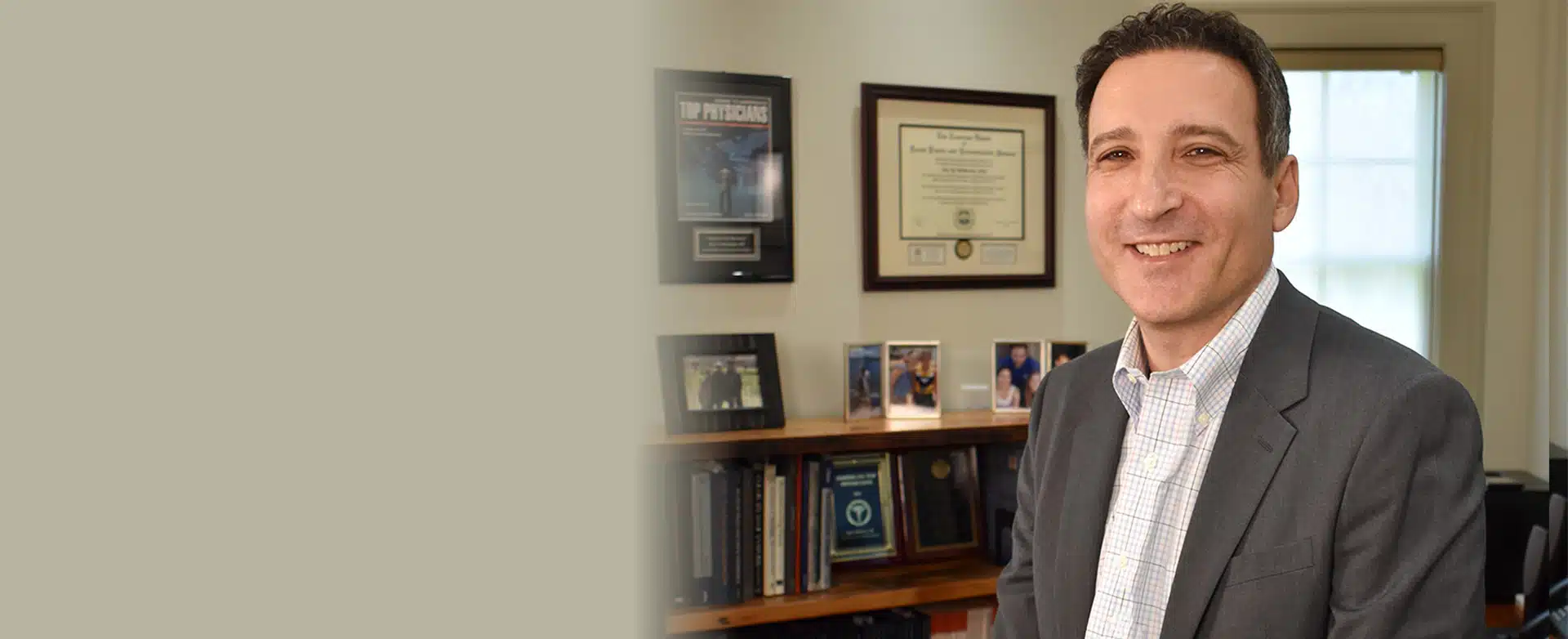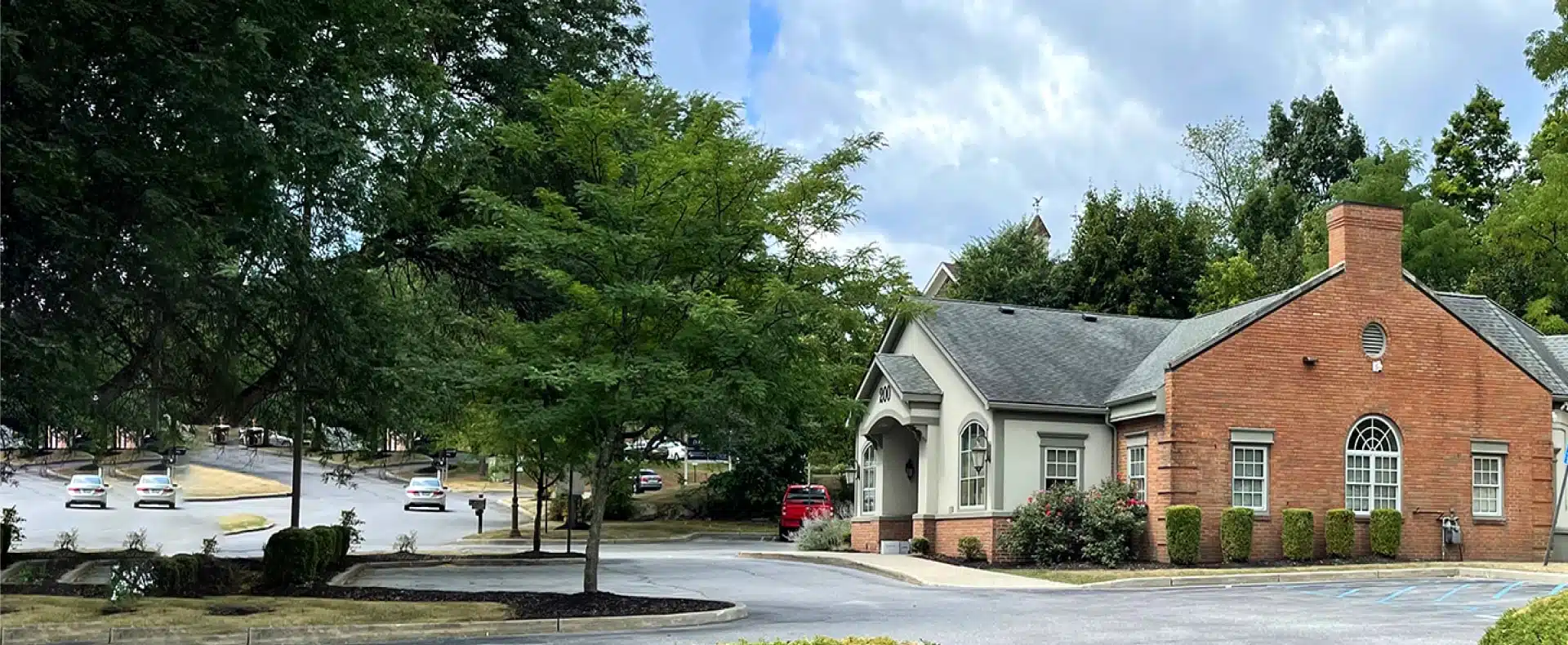Trust your face and body to our plastic surgery specialists
Dr. Ran Rubinstein is one of the top facial plastic surgeons in New York and New Jersey with over 20 years of experience. He is a double board certified facial plastic surgeon and a fellow of the American Board of Facial Plastic Surgery, American Board of Otolaryngology-Head and Neck Surgery, and American Society for Laser Medicine & Surgery. Dr. Rubinstein is an active member of the prestigious New York Presbyterian Hospital where as an assistant clinical professor he spent over 15 years educating future surgeons. He is also an expert in non surgical aesthetic treatments and one of the most sought after national clinical trainers. In addition to teaching, Dr. Rubinstein gives back by donating his time to charitable causes such the Face to Face Program and Habitat for Humanity.

top-notch
patient care
Dr. Rubinstein’s dual board certification, his extensive experience, commitment to the highest standards, and his role in university education & physician training assure you that you could not be in better, more caring hands when having facial plastic surgery and non surgical aesthetic treatments.
Gallery

Personalized
service
Dr. Rubinstein and his highly skilled team take great pride in understanding your unique concerns and goals. His focus on your individualized needs and his attention to detail afford him the unique ability to craft a customized treatment plan. Dr. Rubinstein and his team consistently deliver an unmatched level of patient care and satisfaction.
Dr. Rubinstein’s talent and expertise have not gone unnoticed. His peers as well as top aesthetic pharmaceutical companies have selected him as a regional speaker as well as a clinical trainer on cutting edge injectables.

Our practice in
newburgh
Dr. Rubinstein is conveniently located in the town of Newburgh, NY and services the entire Hudson Valley, including patients looking for plastic surgery and medical spa services in surrounding cities in Orange, Ulster, Dutchess and Putnam counties including Poughkeepsie, Fishkill, Beacon, Middletown, Goshen, and Monroe. Patients frequently travel from Manhattan, Westchester, New Jersey, Connecticut, and from abroad to seek out Dr. Rubinstein’s highly specialized care. Among the facial & body procedures we provide by our expert team are deep plane facelifts, buccal fat removal, rhinoplasty, eyelid surgery, breast augmentation, liposuction, smart lipo, tummy tucks, mommy makeovers and brazilian butt lifts. Our advanced medical spa services include Botox and injectable fillers, hair restoration, skin treatments, non surgical skin tightening & body contouring, and more.


























